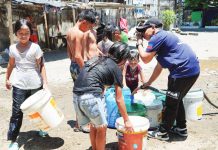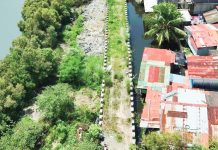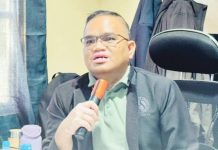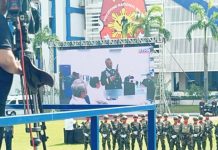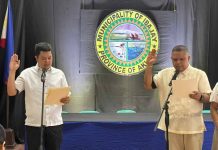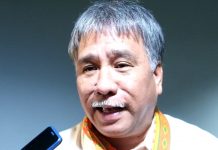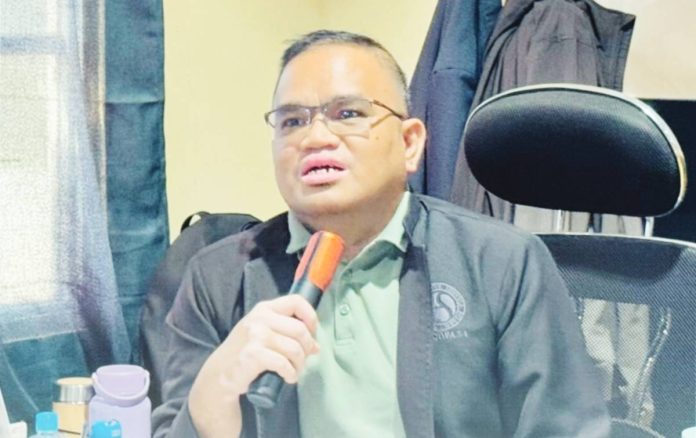
BACOLOD City – Twelve barangays in this city have failed to comply with the Department of Interior and Local Government’s (DILG) Barangay Road Clearing Operations (BaRCO) program, according to DILG City Director Christian Nagaynay.
Nagaynay said the barangays did not submit their compliance reports for the first and second quarters of this year, covering January to June.
The non-compliant barangays are 15, 20, 38, Punta Taytay, 11, 19, 37, Sum-ag, 10, 25, 28, and 3.
The BaRCO program aims to make streets safer and more accessible by removing obstructions and reclaiming public spaces for motorists and pedestrians.
“Clear roads mean better mobility, healthier communities, and a safer environment for all,” Nagaynay stressed, adding that the reports are vital for the DILG’s monitoring, assessment, and validation of compliance.
Under the Bagong Pilipinas program and DILG Memorandum Circular No. 2024-053, all punong barangays are required to submit monthly road clearing reports, complete with supporting documents, on or before the 19th of each month.
Nagaynay urged all barangay and Sangguniang Kabataan (SK) officials to fully support and implement the BaRCO program, warning that non-compliance may constitute gross negligence of duty under Section 60 of Republic Act No. 7160, or the Local Government Code of 1991, and other applicable laws.
Mayor Greg Gasataya earlier issued Executive Order No. 015, creating a task force on road clearing to ensure effective implementation. The order mandates the City Legal Office, City Engineer’s Office, and the Bacolod Traffic and Transport Management Department to oversee the removal of road obstructions and submit monthly accomplishment reports until all identified obstructions are cleared.
Gasataya said he will meet with the DILG and the officials of the 12 barangays to address the issue and discuss measures to ensure compliance.
The Local Government Code empowers city governments and barangay officials to enforce laws and ordinances, regulate the use of public spaces, and safeguard the public’s right to safe and accessible roads./PN

